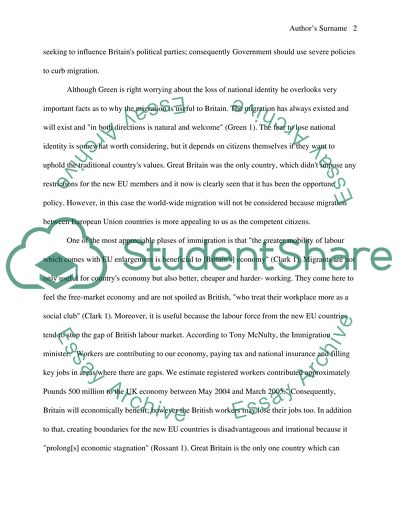Cite this document
(“Immigration, Nationality and Asylum Law ( British Law) Essay”, n.d.)
Immigration, Nationality and Asylum Law ( British Law) Essay. Retrieved from https://studentshare.org/miscellaneous/1529477-immigration-nationality-and-asylum-law-british-law
Immigration, Nationality and Asylum Law ( British Law) Essay. Retrieved from https://studentshare.org/miscellaneous/1529477-immigration-nationality-and-asylum-law-british-law
(Immigration, Nationality and Asylum Law ( British Law) Essay)
Immigration, Nationality and Asylum Law ( British Law) Essay. https://studentshare.org/miscellaneous/1529477-immigration-nationality-and-asylum-law-british-law.
Immigration, Nationality and Asylum Law ( British Law) Essay. https://studentshare.org/miscellaneous/1529477-immigration-nationality-and-asylum-law-british-law.
“Immigration, Nationality and Asylum Law ( British Law) Essay”, n.d. https://studentshare.org/miscellaneous/1529477-immigration-nationality-and-asylum-law-british-law.


